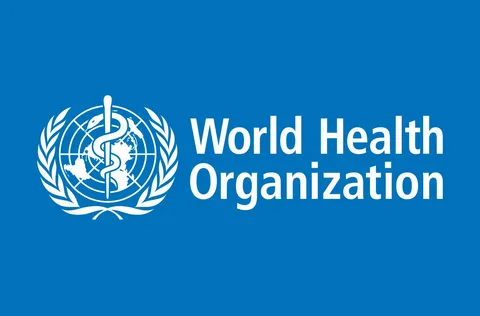
Introduction:
The World Health Organization (WHO) is an international organization dedicated to promoting global health and well-being. With its broad mandate and extensive reach, the WHO plays a vital role in addressing various health challenges worldwide. This blog post will delve into the key functions and significant impact of the World Health Organization from a global perspective, focusing on its role in advancing public health, disease prevention, emergency response, and promoting equity in healthcare.
1. Advancing Public Health :
The World Health Organization plays a crucial role in advancing public health on a global scale. It provides leadership in shaping health policies, setting norms and standards, and coordinating international efforts to combat health issues. The WHO works closely with member states, providing technical assistance and guidance to strengthen health systems, promote health education, and enhance disease surveillance. Through its initiatives, such as the Global Health Observatory and the Global Action Plan for the Prevention and Control of Noncommunicable Diseases, the WHO contributes to evidence-based decision-making and the development of effective strategies to improve public health outcomes worldwide.
2. Disease Prevention and Control:
One of the primary responsibilities of the World Health Organization is to prevent and control the spread of diseases. The WHO collaborates with governments, non-governmental organizations, and other stakeholders to develop comprehensive strategies for disease prevention, including immunization campaigns, vector control, and surveillance systems. The organization also monitors global health trends, detects and responds to disease outbreaks, and coordinates emergency response efforts. The WHO’s expertise and coordination are crucial in managing public health crises, such as the Ebola and COVID-19 outbreaks, where it provides guidance, technical support, and facilitates the sharing of critical information among countries.
3. Emergency Response:
The World Health Organization has a pivotal role in emergency response during health crises and disasters. It coordinates and mobilizes resources to provide immediate support to countries facing emergencies, including natural disasters, conflicts, and disease outbreaks. The WHO’s Emergency Medical Teams assist in setting up field hospitals, providing medical supplies, and deploying healthcare professionals to affected areas. Additionally, the organization works closely with partners to strengthen emergency preparedness and response capacities at both national and international levels. Through its timely and coordinated response efforts, the WHO helps minimize the impact of emergencies on public health and saves countless lives.
4. Promoting Equity in Healthcare:
Promoting equity in healthcare is a fundamental pillar of the World Health Organization’s work. The organization strives to ensure that everyone, regardless of their socio-economic status or geographical location, has access to quality healthcare services. The WHO advocates for universal health coverage, emphasizing the importance of financial protection and comprehensive care. It supports member states in developing healthcare policies that address health inequalities and improve access to essential medicines, vaccines, and technologies. By promoting equity in healthcare, the WHO aims to reduce disparities and improve health outcomes for vulnerable populations, contributing to a more equitable and just world.
Conclusion:
The World Health Organization plays a critical role in global health, addressing a wide range of challenges through its leadership, expertise, and collaborative efforts. From advancing public health to disease prevention, emergency response, and promoting equity in healthcare, the WHO’s impact is substantial and far-reaching. By working in close partnership with member states, organizations, and communities worldwide, the WHO continues to make significant contributions to improving health outcomes, reducing health disparities, and building resilient health systems. As we face ongoing and emerging health threats, the World Health Organization remains a vital institution in safeguarding the well-being of people across the globe.